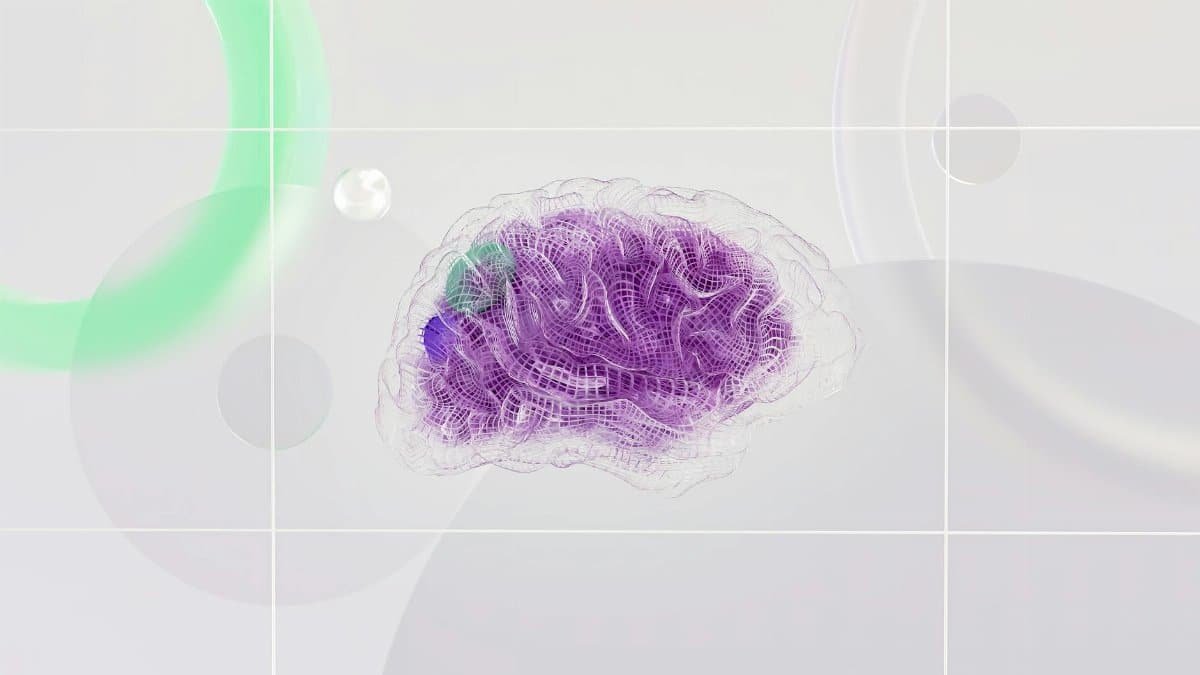Could a simple meditation practice be the key to slowing down aging at a genetic level? A groundbreaking transcendental meditation aging genes study suggests just that. Published on April 16, 2025, in the journal Biomolecules, research from Maharishi International University (MIU), the University of Siegen, and the Uniformed Services University of the Health Sciences (USUHS) reveals that long-term practitioners of Transcendental Meditation (TM) show remarkable biological and cognitive benefits. This study is turning heads in the scientific community for its implications on aging and mental health.
Groundbreaking Study Unveils TM’s Impact

A collaborative effort by MIU, the University of Siegen in Germany, and USUHS has produced compelling evidence about Transcendental Meditation’s effects on aging. Published in the respected journal Biomolecules, the study focuses on how this mindfulness practice influences the body at a cellular level. Researchers examined long-term TM practitioners and compared their biological markers to non-meditators, uncovering differences that could redefine our approach to healthy aging in 2025 and beyond.
Lower Expression of Aging Genes

One of the study’s most striking findings is the reduced expression of genes associated with inflammation and aging among TM practitioners. Chronic inflammation is a known contributor to age-related diseases, from heart conditions to cognitive decline. By showing lower activity in these specific genes, the research suggests that TM may act as a protective shield, potentially slowing the biological aging process. This discovery aligns with growing interest in lifestyle interventions for longevity.
Improved Stress Biomarkers

Beyond genetics, the study also measured stress biomarkers in participants. Long-term TM practitioners displayed healthier levels of these markers, indicating a better physiological response to stress. Stress is a major driver of aging, often accelerating cellular damage and weakening immune function. The data implies that TM could help mitigate these effects, offering a natural way to bolster resilience against daily pressures that wear down the body over time.
Cognitive Performance Defies Age

Perhaps most surprising is the cognitive performance of older TM practitioners. The study found that these individuals performed on par with much younger control subjects in cognitive tests. This suggests that TM doesn’t just benefit the body—it may also preserve mental sharpness as we age. In a society increasingly concerned with dementia and cognitive decline, such findings could position meditation as a vital tool for brain health.
Higher Brain Integration Scores

The research also highlighted elevated brain integration scores among TM practitioners. Brain integration refers to the coordinated activity between different regions of the brain, often linked to improved focus, emotional stability, and overall mental clarity. Higher scores in this area point to enhanced neural efficiency, which may explain why meditators in the study showed such impressive cognitive results, regardless of their age.
Implications for Aging Research

The findings of this transcendental meditation aging genes study open new doors for aging research. If a non-invasive practice like TM can influence gene expression and stress response, it could complement or even reduce reliance on pharmaceutical interventions for age-related issues. Scientists are now eager to explore how widely these benefits can be replicated across diverse populations, potentially reshaping public health strategies in the coming years.
Why TM Stands Out

Unlike many mindfulness practices, Transcendental Meditation involves silently repeating a mantra to achieve a state of restful awareness. Its simplicity and accessibility have made it a popular choice in the U.S., with millions practicing it for stress relief and mental clarity. This study adds a scientific layer to TM’s reputation, showing measurable impacts on aging and cognition that go beyond subjective well-being.
Broader Context in 2025

As Americans grapple with rising healthcare costs and an aging population in 2025, interventions like TM could offer cost-effective solutions. The practice requires no equipment or medication, making it a scalable option for individuals and communities. With chronic stress and age-related diseases on the rise, the timing of this research couldn’t be more relevant for those seeking sustainable ways to maintain health and vitality.
Credible Backing for the Findings

The credibility of this research is bolstered by its publication in Biomolecules, a peer-reviewed journal focused on molecular biology. For those interested in diving deeper, additional information on related studies can be found through resources from Maharishi International University at MIU Research. Further context on meditation and health is also available via the National Institutes of Health at NIH Meditation Resources.
What’s Next for TM Research?

The results of this study are just the beginning. Researchers are already planning follow-up studies to determine how long one must practice TM to see these genetic and cognitive benefits. Questions also remain about whether these effects are unique to TM or if other meditation techniques could yield similar results. For now, this transcendental meditation aging genes study stands as a powerful testament to the potential of mind-body practices in combating the effects of time.
